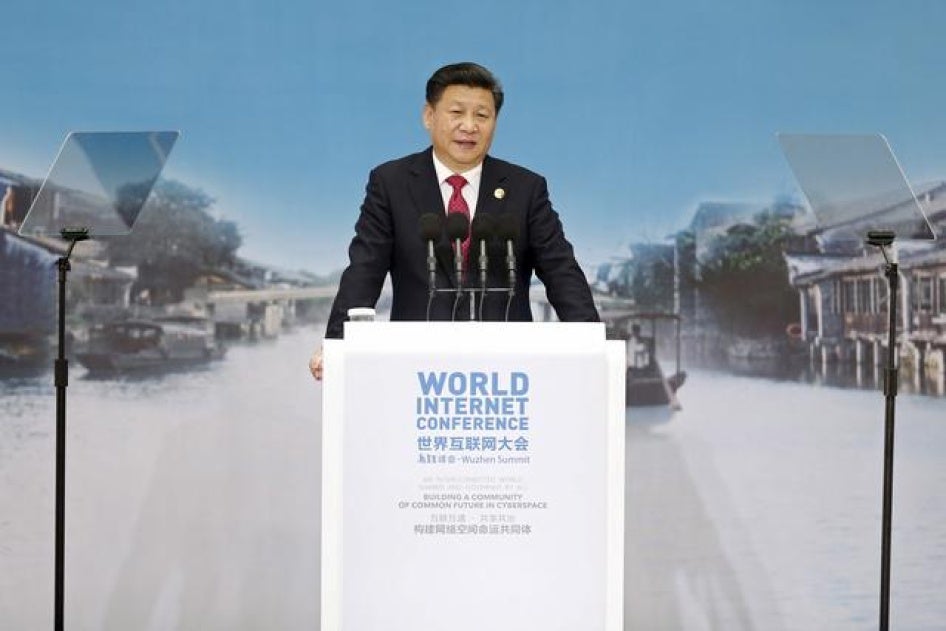Chinese “netizens” are known for nimbly “scaling the Great Firewall” to get around government barriers that prevent them from accessing certain information abroad. Their interests are surprisingly diverse: Some look for news critical of the Chinese government or seek independent information about air quality issues, some have business links abroad or need the latest scientific research, while others want to post attacks on the Facebook page of the elected leader of Taiwan.
But soon this might all be history. This week the government of Chongqing, a city of about 50 million in southwest China, made public a regulation that bans unauthorized use of internet circumvention tools in the city. While the rules came into effect in last July, details were only released this week. Anyone – from individuals to companies – who skirts China’s system of internet filters will be ordered to disconnect and receive a warning. Those who make a profit while using circumvention tools will be fined.
The regulation is one of many recent steps by the Chinese government in its attempt to impose total control over access to information. In January 2017, the Ministry of Industry and Information Technology issued regulations that require all providers of circumvention tools in China to be pre-approved by the ministry, which effectively puts most of the country’s providers of virtual private networks – or VPNs, a widely used kind of circumvention software – in violation of the law.
The Chongqing regulation is unprecedented as it places a blanket ban on the use of VPNs and other circumvention methods used to connect to the global internet. Previous regulatory efforts to rein in the use of such tools have focused on providers and left individual users alone.
It is unclear whether other local governments will soon follow suit, but the ban has already had a chilling effect among VPN users across the nation – many netizens posted frightened or crying emojis to express their displeasure.
Chinese leaders, from President Xi Jinping on down, talk incessantly about cooperation and exchanges between peoples and governments. If the Chinese government truly wants that, it should at least allow its people to have access to the uncensored global internet where they can easily communicate with each other and people from the rest of the world.









